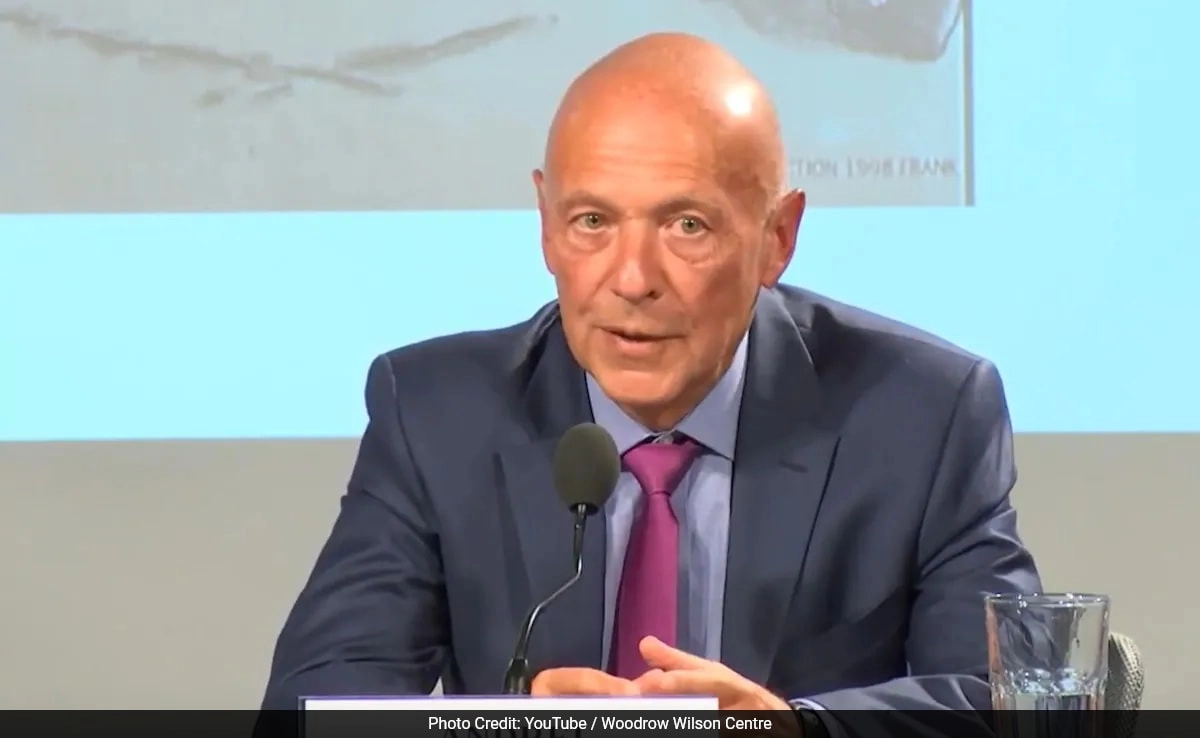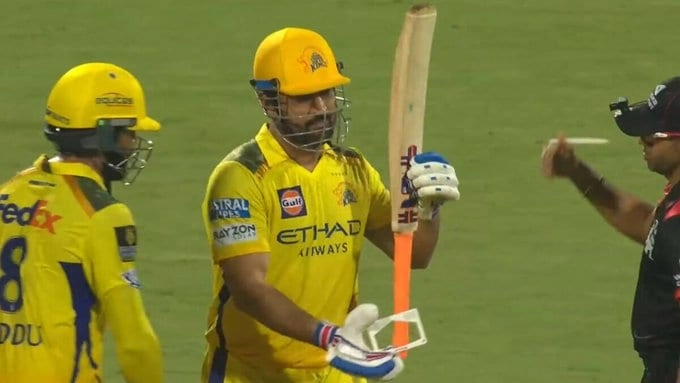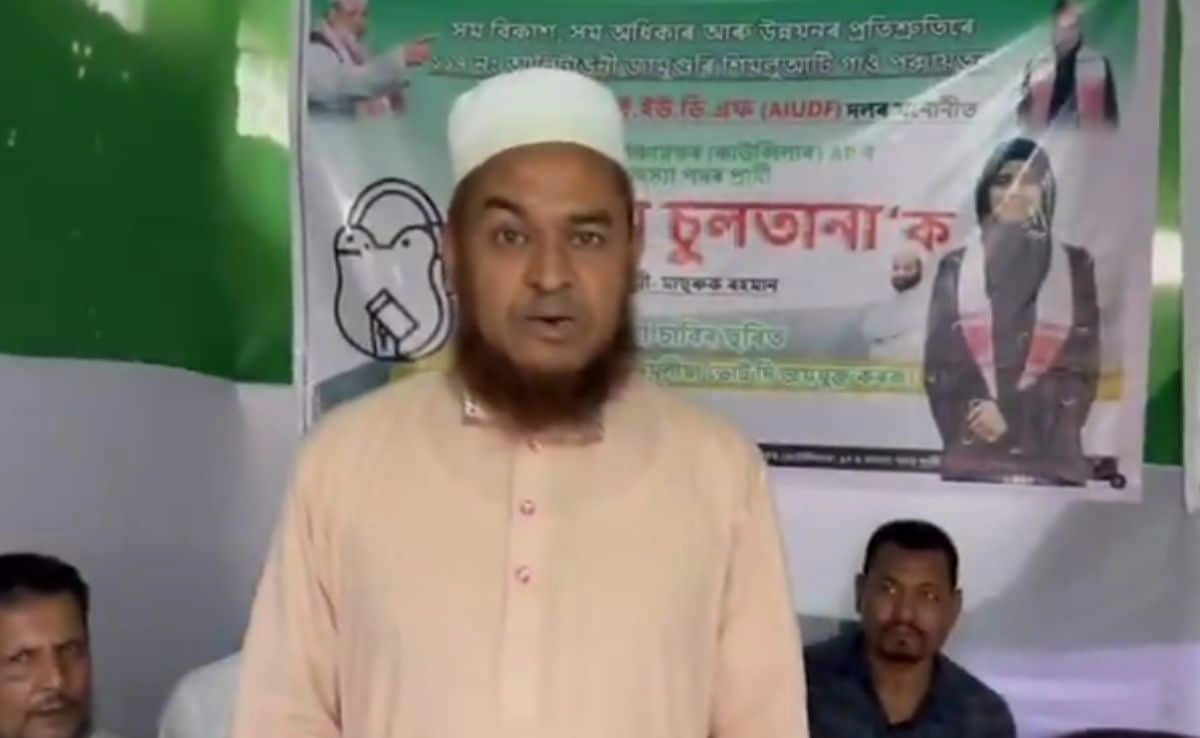Recently, Russian President Vladimir Putin has stirred significant controversy by labeling the country’s first Foreign Minister, Andrei Gromyko, as a “foreign agent.” This designation, historically reserved for individuals or organizations accused of acting against the interests of the state, has sparked a wide range of reactions, particularly given Gromyko’s pivotal role in shaping Soviet foreign policy during the Cold War. Known for his diplomatic acumen, Gromyko served as Foreign Minister from 1957 to 1985 and was instrumental in negotiating critical treaties and managing relations with the West. The implications of Putin’s statement not only reflect on Gromyko’s legacy but also raise questions about the current state of diplomacy in Russia and the Kremlin’s approach to international relations.
Gromyko’s response to being labeled a “foreign agent” has been one of dignified defiance. He emphasized that his contributions to Soviet diplomacy were guided by a commitment to national interests and global peace. Gromyko highlighted the importance of maintaining an independent foreign policy, one that prioritizes Russia’s sovereignty while engaging with other nations. His career was marked by a steadfast dedication to negotiations that favored both security and cooperation, often navigating the complexities of the Cold War landscape. In a world where diplomatic relations can be tenuous, Gromyko’s legacy serves as a reminder of the necessity for dialogue and mutual respect among nations, even in challenging times.
This incident has reignited discussions about the current political climate in Russia, particularly concerning the government’s increasing tendency to label dissenting voices as foreign agents. The use of such terminology often serves to delegitimize opposition and stifle criticism, raising alarm among political analysts and human rights advocates alike. It highlights the Kremlin’s ongoing efforts to consolidate power and control narratives surrounding foreign influence within Russia. As the international community observes these developments, the repercussions of such labels could further isolate Russia on the global stage, potentially impacting its diplomatic relations and economic partnerships. The situation underscores a crucial moment in Russian politics, where the past and present collide, shaping the future of its foreign policy.




